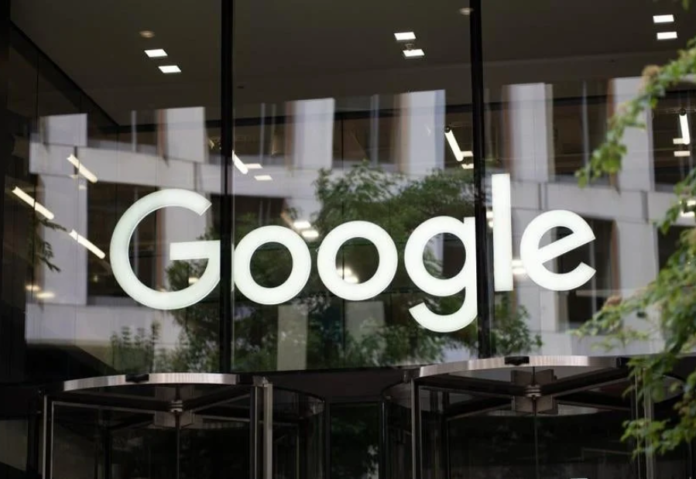Google revealed on Monday that it plans to keep third-party cookies in its Chrome browser, despite years of announcements that it would phase out the small code packets used to track people online.
After years of promising to phase out the little packets of code used to track users on the internet, Google announced on Monday that it intends to preserve third-party cookies in its Chrome browser. The significant reversal comes in response to worries expressed by advertisers, who provide the majority of the company’s revenue, that their capacity to gather data for customized advertisements will be restricted by the removal of cookies in the most widely used browser on the planet, leaving them reliant on Google’s user databases.
Google’s proposal was also examined by the UK’s Competition and Markets Authority because of worries that it would reduce the level of competition in digital advertising. Anthony Chavez, vice president of the Google-backed Privacy Sandbox initiative, stated in a blog post that “instead of deprecating third-party cookies, we would introduce a new experience in Chrome that lets people make an informed choice that applies across their web browsing, and they’d be able to adjust that choice at any time.”
The phase-out of third-party cookies is a major objective of the Privacy Sandbox program, which Alphabet (GOOGL.O.) has been working on since 2019. The effort aims to support digital businesses while improving online privacy. Cookies are data packets that websites and advertisers use to recognize specific users and monitor their browsing patterns, but they can also be used for unauthorized monitoring.
The General Data Protection Regulation (GDPR), which mandates that publishers obtain users’ express agreement before storing their cookies, governs the use of cookies in the European Union. Major browsers also allow you to manually erase cookies. Chavez stated that while continuing to fund the Privacy Sandbox initiative, Google was collaborating on the new strategy with publishers, privacy organizations, and regulators like the UK’s CMA and Information Commissioner’s Office.
Reactions to the announcement were divided. Advertisers won’t have to be ready to give up third-party cookies completely, according to a statement from eMarketer analyst Evelyn Mitchell-Wolf. According to Lena Cohen, a staff technologist at the Electronic Frontier Foundation, cookies may cause harm to consumers through, for example, predatory advertisements that target specific demographics. “Google’s decision to continue allowing third-party cookies, despite other major browsers blocking them for years, is a direct consequence of their advertising-driven business model,” Cohen stated in a statement.
Do Follow: CIO News LinkedIn Account | CIO News Facebook | CIO News Youtube | CIO News Twitter
About us:
CIO News is the premier platform dedicated to delivering the latest news, updates, and insights from the CIO industry. As a trusted source in the technology and IT sector, we provide a comprehensive resource for executives and professionals seeking to stay informed and ahead of the curve. With a focus on cutting-edge developments and trends, CIO News serves as your go-to destination for staying abreast of the rapidly evolving landscape of technology and IT. Founded in June 2020, CIO News has rapidly evolved with ambitious growth plans to expand globally, targeting markets in the Middle East & Africa, ASEAN, USA, and the UK.
CIO News is a proprietary of Mercadeo Multiventures Pvt Ltd.






